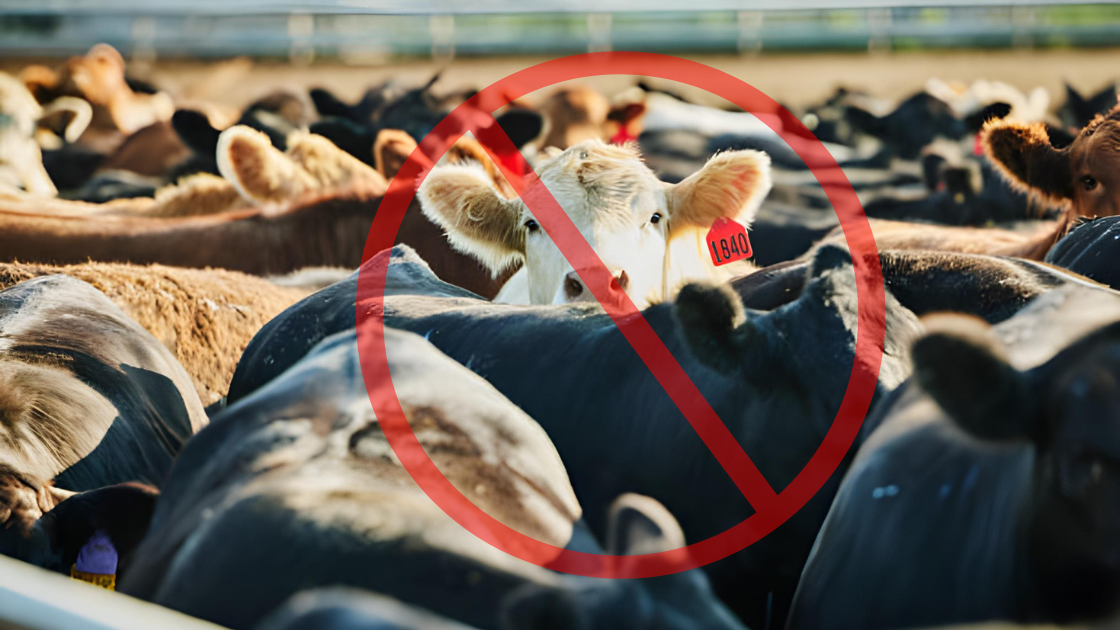Following reports of disease outbreaks that endanger the health of animals and the agricultural economy, China has implemented a strict ban on the importation of sheep, goats, and related animal products from Qatar, Egypt, and nine other nations. The diseases causing concern are foot-and-mouth disease (FMD) and peste des petits ruminants (PPR), both of which are highly contagious and pose a significant risk to small ruminant populations like sheep and goats.
Diseases Behind the Ban
The ban was prompted by information received from the World Organisation for Animal Health (WOAH), which confirmed outbreaks in the affected countries. These diseases spread rapidly among herds and flocks, and in the case of FMD, can lead to the culling of infected animals to prevent further spread. PPR, on the other hand, is a viral disease that causes high mortality in infected animals, which severely impacts livestock production.
Other Affected Countries
Apart from Qatar and Egypt, the ban also includes other nations such as Ghana, Somalia, Bangladesh, and several others that have reported cases of these diseases. The countries affected are major exporters of livestock and animal products, and China, being one of the world's largest consumers of meat, is highly cautious when it comes to protecting its livestock industry from external disease threats.
Impact on Trade
In 2023, Qatar's exports of live animals to China reached a value of $22,000, while Egypt’s meat exports amounted to $722,000. These figures highlight the economic impact the ban will have on both exporting countries, as well as the Chinese market. The ban is not limited to fresh meat but extends to all animal products, whether processed or unprocessed, as part of China’s efforts to contain potential disease outbreaks before they spread to its domestic livestock population.
China’s Efforts to Protect Its Livestock Industry
This move underscores China’s commitment to safeguarding its agricultural and livestock industries, ensuring that diseases do not enter the country, which could result in significant disruptions to both local food supply chains and economic losses. With many of the affected countries facing challenges in controlling the spread of these diseases, the ban is expected to remain in place until the outbreaks are contained and the risk to China’s livestock industry is minimized.
Customs Enforcement of the Ban
China's General Administration of Customs has stated that the ban will be enforced rigorously, and all shipments of affected animal products will be subject to strict inspection procedures. In the coming months, China’s Ministry of Agriculture and Rural Affairs will monitor the situation and continue to assess the risk of these diseases spreading to other regions. If the situation improves, it is possible that trade restrictions may be eased, but for now, China is focused on preserving the health and stability of its livestock sector.








